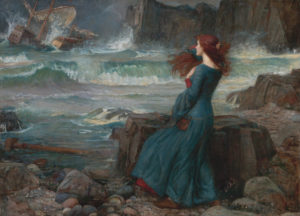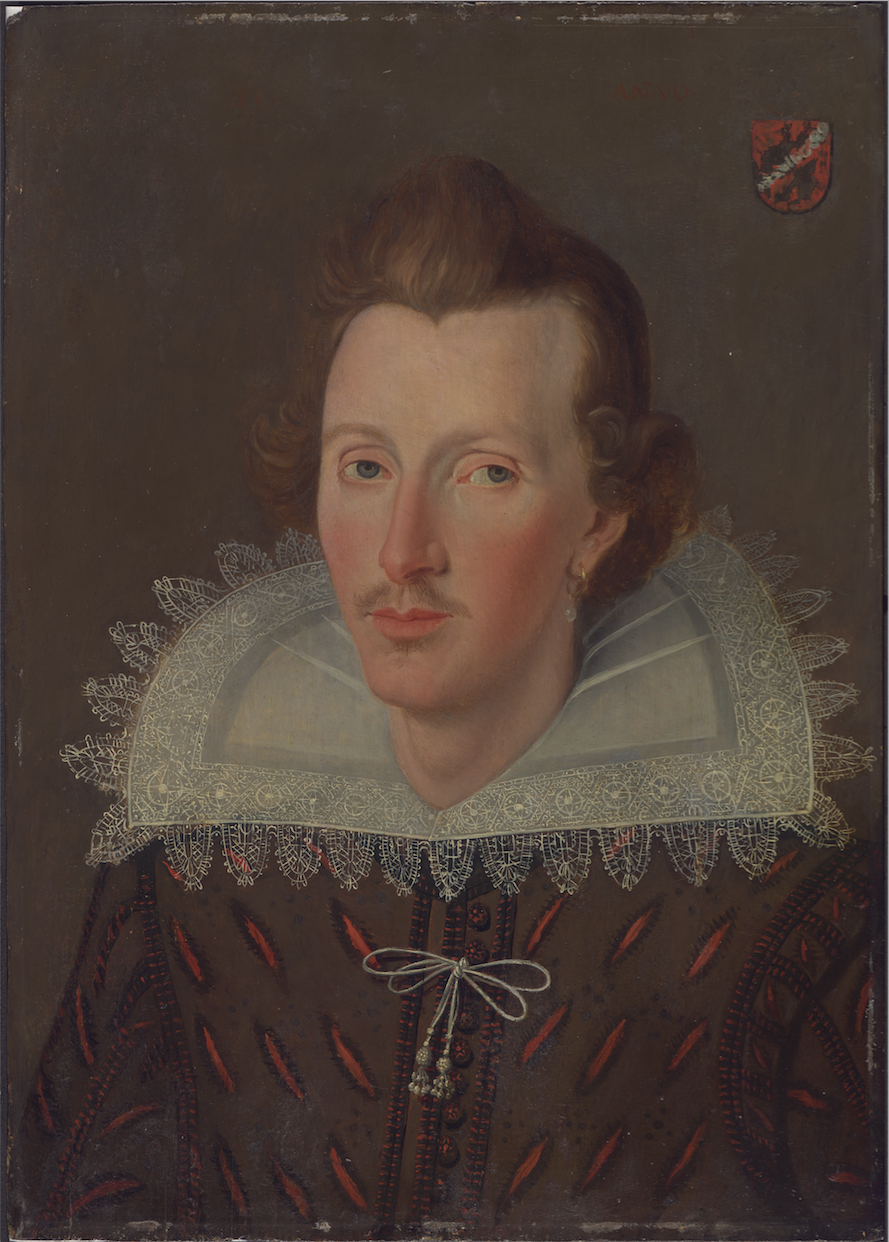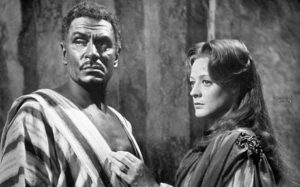Got your attention? Because it certainly got mine when I read it.
I didn’t write it — this guy did.
A friend cc’d me on a shared post, knowing that a clickbait headline like that was guaranteed to make me a little nuts. It did.
 His argument appears to be that Prospero is too powerful, and his enemies don’t stand a chance against him, therefore it’s boring to watch what we know will be his ultimate triumph over them. I think this guy maybe thought he was going to see Infinity War or something. He’s describing Shakespeare like a superhero movie and he’s disappointed that there weren’t enough explosions.
His argument appears to be that Prospero is too powerful, and his enemies don’t stand a chance against him, therefore it’s boring to watch what we know will be his ultimate triumph over them. I think this guy maybe thought he was going to see Infinity War or something. He’s describing Shakespeare like a superhero movie and he’s disappointed that there weren’t enough explosions.
He also seems bewildered at this idea that we know how the play is going to end, therefore it stinks:
We must root for him, and we know at every moment that he — yawn — will triumph.
…but you know in an instant how that’s going to end up; there’s no more suspense in it than in the Harlem Globetrotters taking on the Washington Generals.
I wonder how he feels about Romeo and Juliet?
At the end, though, he seems to actually get it:
There is a scene toward the end of the play in which Ariel expresses sympathy for Prospero’s enemies, laid low as they are from Prospero’s magic. Prospero marvels at the fact that the inhuman Ariel can experience empathy, where he, though human, cannot. And at that moment Prospero has his singular insight, which turns his life around: although he himself is at present incapable of empathy, he must act as though he has empathy for others, and, over time, learn to acquire it. And to do so, he must give up his god-like powers, and take his share in the human heart.
Like the kids say, and excuse my language, No Shit, Sherlock. That’s the story that’s in front of you the whole time. Did you think that the director and actors put it there? I don’t follow how you get off calling the play terrible for half your word count, and then saying “But, this production was amazing.” Were you scarred by a bad high school production when you were a child?
This guy’s bio suggests he’s actually seen Shakespeare more than once, so the only possible explanation I can find for this nonsense is that he’s trolling us. He also takes a random slap at Coriolanus, which is apparently also terrible. I’m surprised he didn’t say Hamlet is overrated and Falstaff’s not that difficult a role to play.



 This weekend my son and I went to the Boston Calling music festival because he’s a big Eminem fan. His sisters will be going to see Taylor Swift this summer, and we already dragged him to that once, it didn’t seem fair to doom him to a life of shows like that just because he’s outnumbered.
This weekend my son and I went to the Boston Calling music festival because he’s a big Eminem fan. His sisters will be going to see Taylor Swift this summer, and we already dragged him to that once, it didn’t seem fair to doom him to a life of shows like that just because he’s outnumbered.